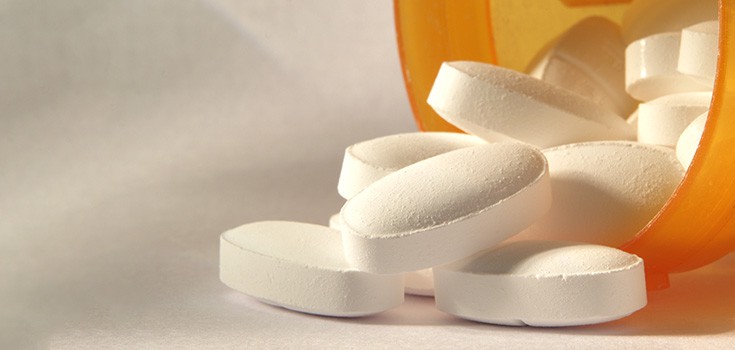Lifestyle Changes Beat Statins for Boosting Heart Health

An estimated one-in-four Americans over the age of 45 is currently taking cholesterol-reducing medication known as statin drugs. These drugs are doled out by physicians who believe their patients need nothing more than a “magic pill” to reduce their big bad cholesterol. But with frightening and potentially deadly side effects, one has to wonder how many of these doctors truly have their patients best interests in mind—particularly when you learn that lifestyle changes can bring “bad” cholesterol down to acceptable levels possibly even better than statins.
Statins have been linked to over 300 different adverse effects. You know those commercials for prescription drugs, where the voice-over reads off dozens of side-effects? If it were for statins (and if it were truly honest), the commercial would have to be about 5 minutes long to account for all the dangers.
Possible negative side effects of statins include:
- Liver damage
- Cancer
- Diabetes
- Kidney failure
- Myopathy
- And much more…
All of this, and more, to fight the big bad villain of cholesterol—something we’ve been told again and again is responsible for heart disease and death. But, cholesterol isn’t as evil as health professionals make it out to be – at least not in the way that we are led to believe.
Cholesterol is very necessary for proper health. Too little cholesterol can increase your risk of stroke, cause memory problems, and result in hormone disruption. The problem is in how your body handles the modern, chemically refined oils like margarine and vegetable oil.
Dr. Dean Ornish, Founder and President of the non-profit Preventative Medicine Research Institute, and his team of researchers, have found that lifestyle changes can be as (if not more) effective than statins at maintaining healthy cholesterol levels and that people are far more likely to stick with the lifestyle changes than they are with the prescription regimen.
Adherence to statins, Ornish says, is only about 30% after 3-4 months. An intensive lifestyle change program including diet and exercise, however, has about 85 to 90% adherence after 12 months. The difference can be found in how the treatment regimens make patients feel.
Statins make you feel bad—even if you don’t experience the multitude of side effects; whereas eating right and being active make you feel vibrant and healthier overall.
In a surprising vote of confidence from the establishment, Medicare is actually covering Dr. Ornish’s lifestyle plan Dr. Dean Ornish’s Program for Reversing Heart Disease. But, you don’t need a Medicare-covered plan to make changes immediately for the sake of your health.
Eliminate polyunsaturated fats, reduce or eliminate refined carbohydrates, and add more fresh, organic fruit and vegetables. Don’t fall for the cholesterol scam.
Additional Sources:
